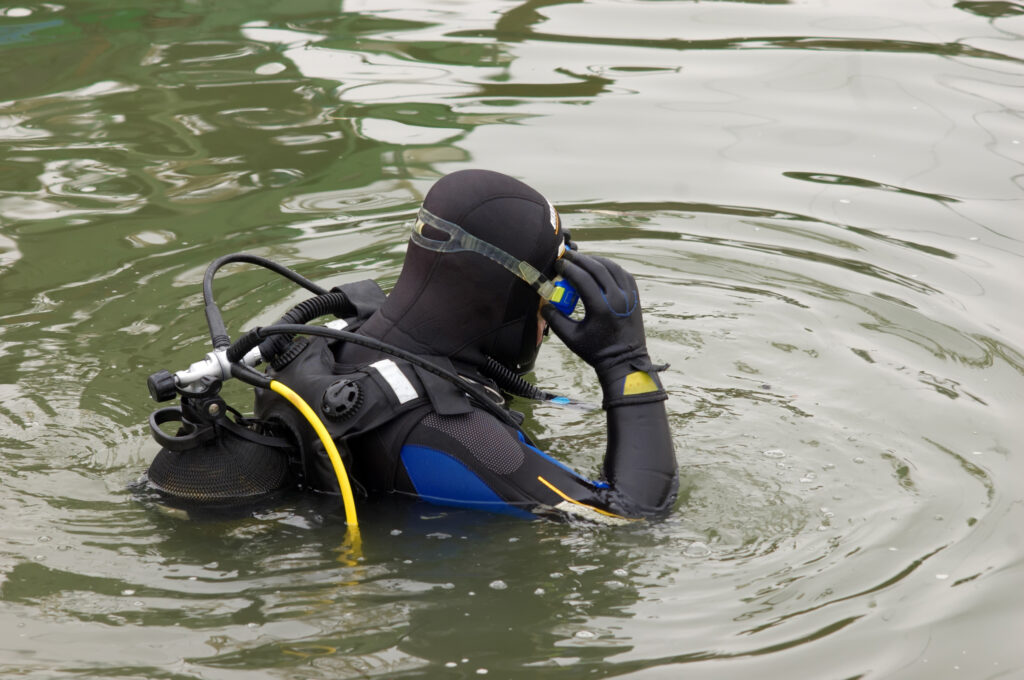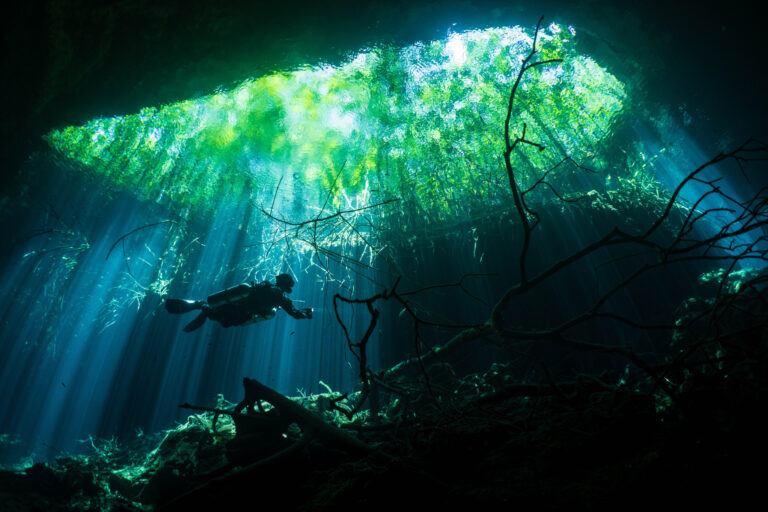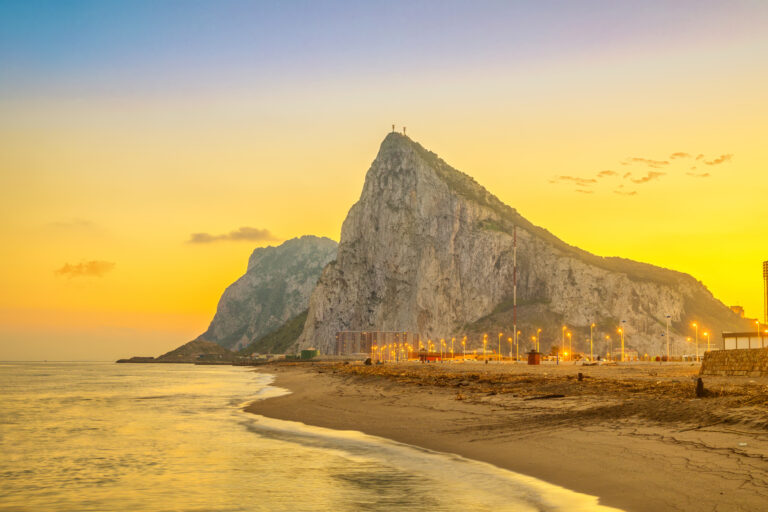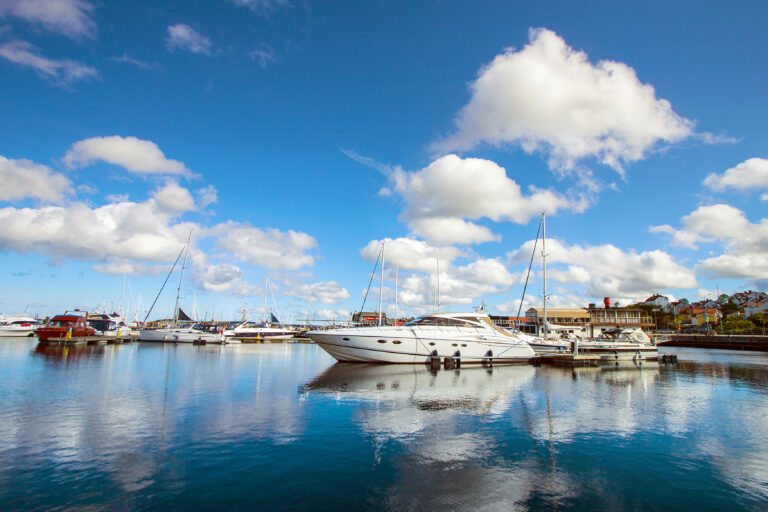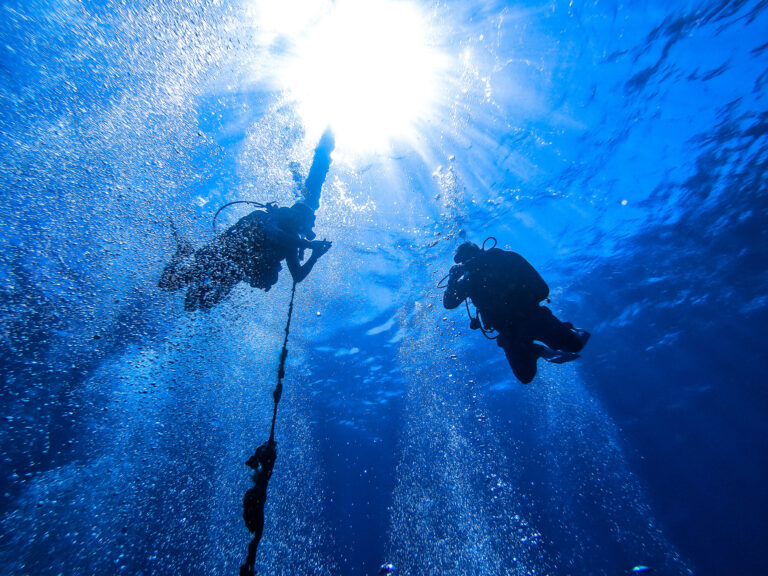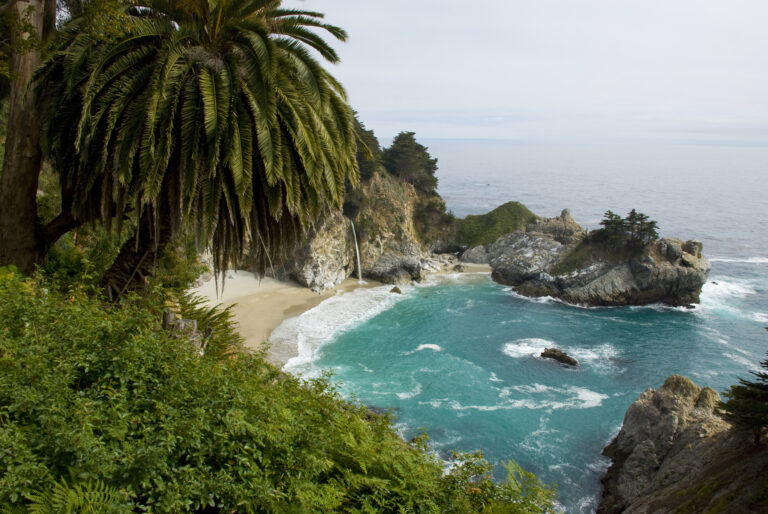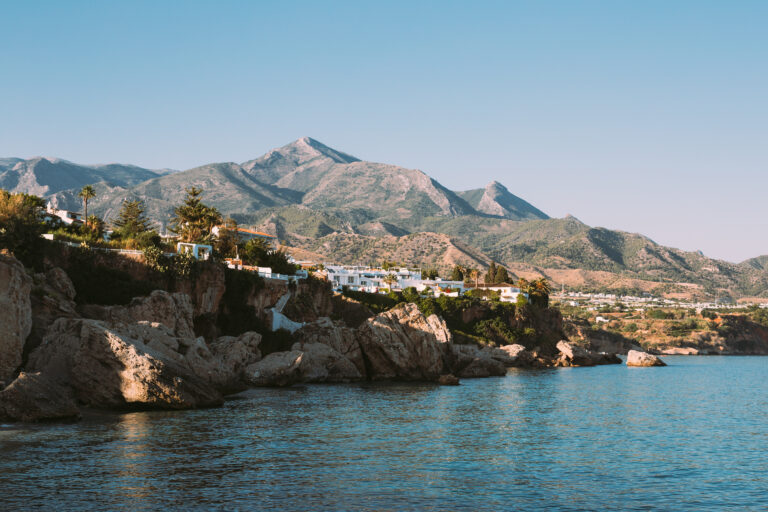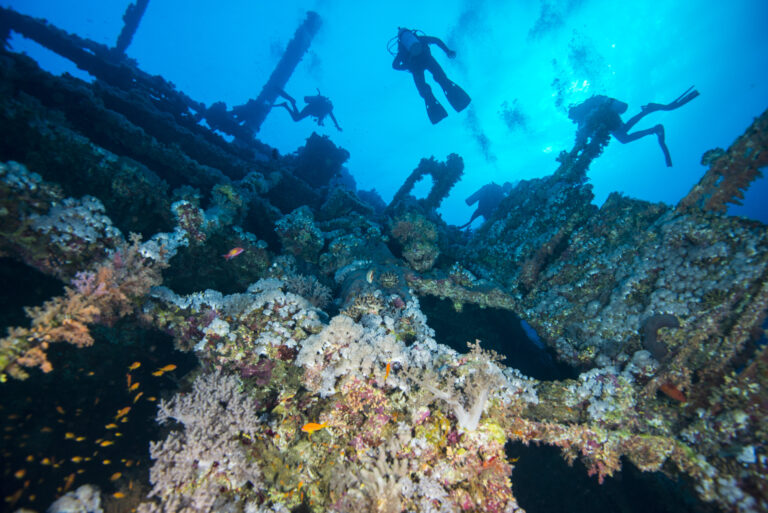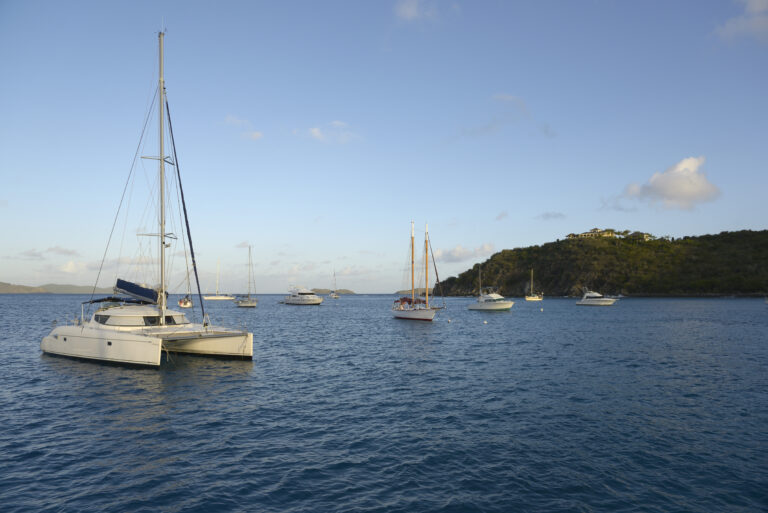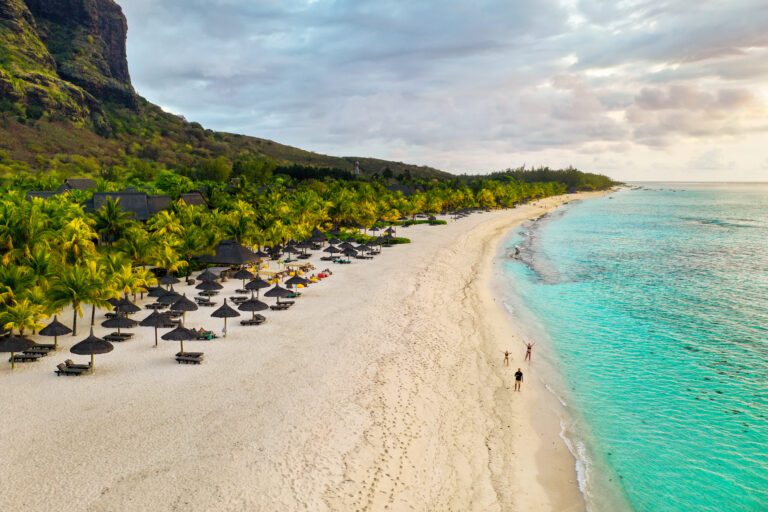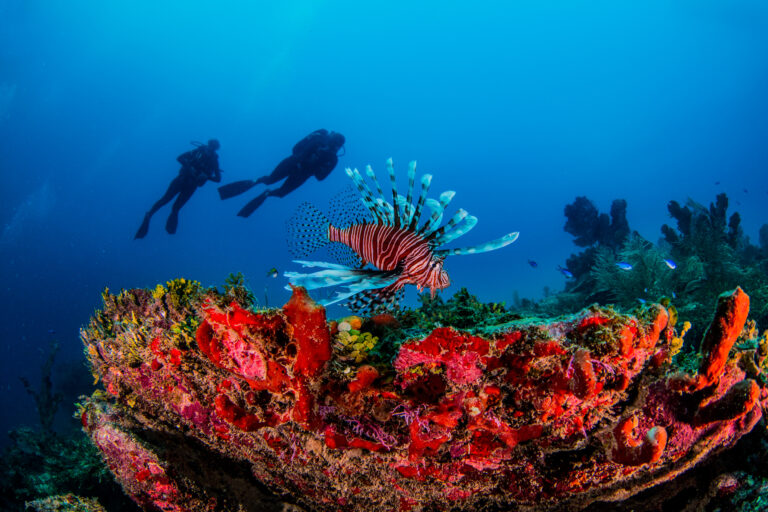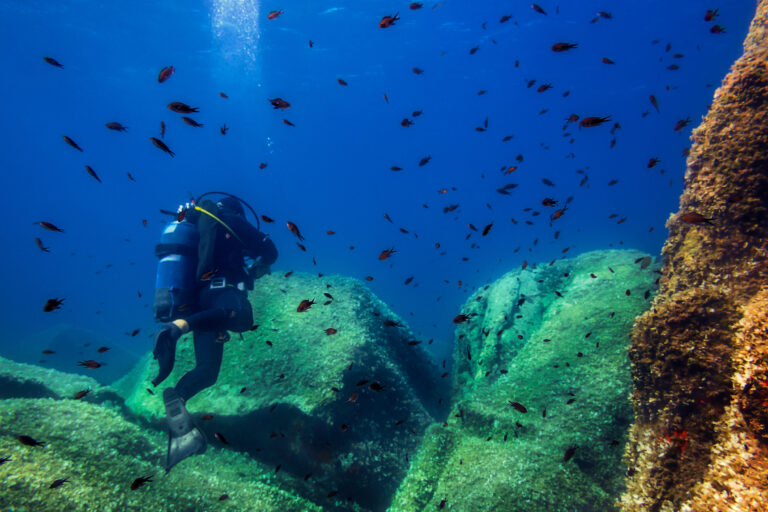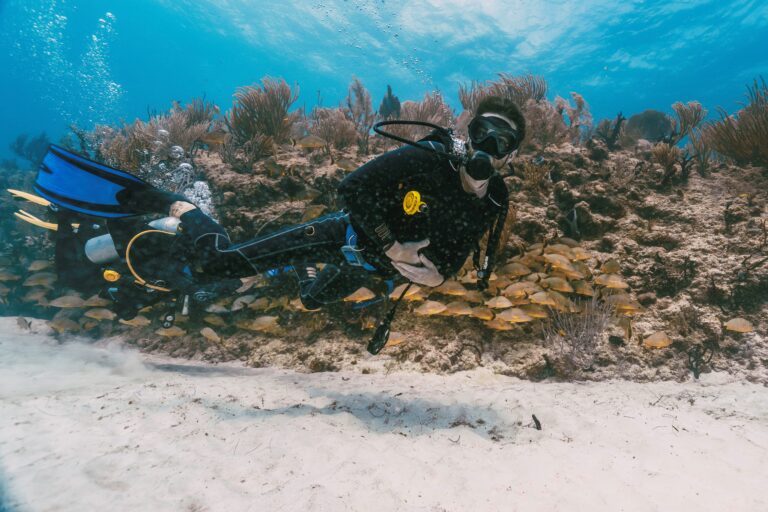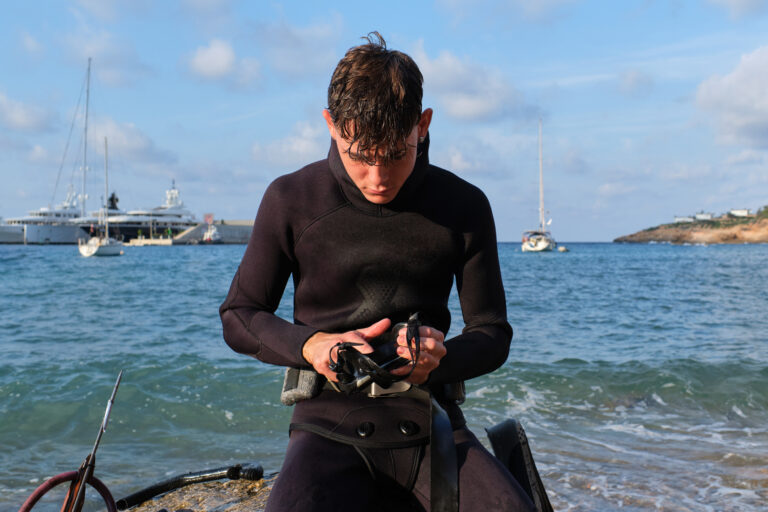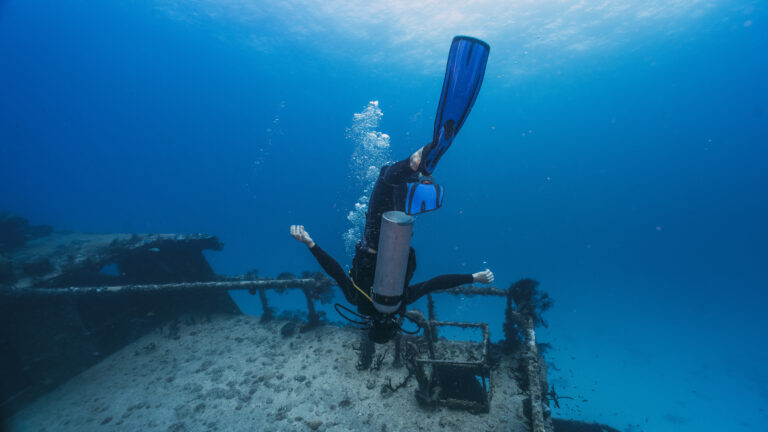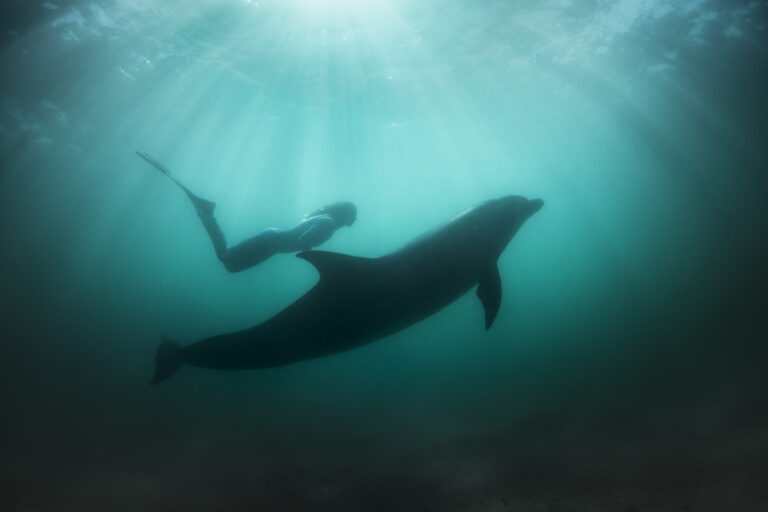Scuba Divers’ Travel Guide to Falkland Islands
The Falkland Islands, located in the South Atlantic Ocean, offer a unique scuba diving experience characterized by cold-water diving and rich marine biodiversity. The waters around these remote islands are home to kelp forests, shipwrecks, and an abundance of marine wildlife, including seals, dolphins, and a variety of fish species. The clear, cold waters provide excellent visibility, allowing divers to fully appreciate the underwater scenery. The Falkland Islands’ rugged beauty and isolated charm make it an appealing destination for those looking to experience a less conventional diving adventure.
Location and Geography
Nestled in the tempestuous South Atlantic Ocean, the remote Falkland Islands offer a scuba diving experience as unique as their geographical location. Situated about 300 miles east of the Patagonian coast, this archipelago comprises over 700 islands, with East Falkland and West Falkland being the largest. The rugged, cliff-lined coasts and sandy beaches give way to a frigid, yet surprisingly clear underwater realm, where the confluence of the cold South Atlantic and warmer currents create a rich marine biodiversity. The Falklands’ position, at the confluence of major oceanic currents, not only influences its dynamic weather patterns but also attracts an array of marine life, making it a fascinating, albeit challenging, destination for adventurous divers seeking to explore the underwater kelp forests, shipwrecks, and the unique sub-Antarctic ecosystem that lies beneath the waves.
Visa and Entry Requirements
Before embarking on your underwater adventure to the remote and fascinating Falkland Islands, it is crucial to understand the visa and entry requirements. Visitors from most countries, including the United States, Canada, the European Union, and Australia, do not require a visa for stays of up to four weeks. However, all travelers must present a valid passport with at least six months remaining before expiration. Additionally, you must be able to show evidence of a return ticket or onward journey, as well as proof of sufficient funds to cover your stay. It’s important to note that the Falkland Islands government also requires visitors to have comprehensive travel insurance, which must include medical coverage, including medical evacuation, due to the islands’ remote location. As regulations can change, it’s always wise to check with the Falkland Islands government or the British Embassy for the latest entry requirements before planning your scuba diving trip.
Getting to Falkland Islands
Traveling to the remote Falkland Islands for an unforgettable scuba diving experience requires some planning, as the archipelago is situated in the South Atlantic Ocean, about 300 miles east of the Patagonian coast. The most common route for visitors is to fly to Mount Pleasant Airport (MPN) via a stopover in Santiago, Chile, or Sao Paulo, Brazil, with the national carrier, LATAM Airlines, which operates weekly flights. Alternatively, the UK Ministry of Defence also offers a commercial air service from RAF Brize Norton in Oxfordshire, England. Once in the Falklands, travel between the islands is typically done by small aircraft or by sea with the local ferry service. It’s essential to book your travel arrangements well in advance, especially during the peak diving season from November to January, to ensure availability. Upon arrival, the pristine waters and rich marine life of the Falkland Islands await, offering a unique diving experience in one of the world’s most secluded destinations.
Best Time to Dive
Traveling to the remote Falkland Islands for an unforgettable scuba diving experience requires some planning, as the archipelago is situated in the South Atlantic Ocean, about 300 miles east of the Patagonian coast. The most common route for visitors is to fly to Mount Pleasant Airport (MPN) via a stopover in Santiago, Chile, or Sao Paulo, Brazil, with the national carrier, LATAM Airlines, which operates weekly flights. Alternatively, the UK Ministry of Defence also offers a commercial air service from RAF Brize Norton in Oxfordshire, England. Once in the Falklands, travel between the islands is typically done by small aircraft or by sea with the local ferry service. It’s essential to book your travel arrangements well in advance, especially during the peak diving season from November to January, to ensure availability. Upon arrival, the pristine waters and rich marine life of the Falkland Islands await, offering a unique diving experience in one of the world’s most secluded destinations.
Accommodation Options
Accommodation options in the Falkland Islands cater to a range of preferences, ensuring that scuba divers can find a comfortable base for their underwater adventures. In the capital, Stanley, visitors can choose from cozy bed and breakfasts, guesthouses, and well-appointed hotels that offer modern amenities and easy access to dive shops and boat charters. For those seeking a more immersive experience, there are self-catering lodges and cottages scattered across the islands, providing a sense of solitude and proximity to nature. Some of these are located near the most coveted dive sites, allowing divers to be just a stone’s throw away from their next plunge into the rich, subantarctic waters. While the Falklands may not have the extensive range of luxury resorts found in more traditional dive destinations, the available accommodations are known for their warm hospitality and the unique opportunity to enjoy the islands’ rugged beauty and wildlife. It’s advisable to book well in advance, especially during the peak travel season, to secure your preferred lodging and ensure a seamless scuba diving experience in this remote and remarkable corner of the world.
Dive Operators and Dive Shops
In the remote and rugged beauty of the Falkland Islands, a select few dive operators and shops offer adventurers the unique opportunity to explore the underwater marvels of the South Atlantic. These specialized establishments are well-equipped to guide divers through the archipelago’s chilly waters, which are teeming with an impressive array of marine life, including seals, dolphins, and a multitude of fish species, all set against a backdrop of dramatic kelp forests and intriguing shipwrecks. The local dive shops in the Falklands are known for their personalized service and in-depth knowledge of the best dive sites, which is crucial in an environment where weather and sea conditions can change rapidly. They provide not only essential gear rental and air fills but also offer PADI or BSAC certified courses for those looking to enhance their diving skills in this unique locale. With safety and environmental conservation as top priorities, these operators ensure that your sub-aquatic adventure in the Falkland Islands is both exhilarating and responsible, leaving the pristine underwater habitats as untouched as they were found.
Transportation within Falkland Islands
Transportation within the Falkland Islands is an adventure in itself, given the archipelago’s remote location and rugged terrain. While there are no railways and limited paved roads, the most common way to traverse the main islands, East and West Falkland, is by 4×4 vehicles, which can be hired in the capital, Stanley. For scuba divers looking to explore multiple dive sites or islands, the Falkland Islands Government Air Service (FIGAS) offers an efficient network of inter-island flights, utilizing small aircraft that can land on short grass airstrips. These flights not only provide a practical mode of transport but also offer breathtaking aerial views of the islands and surrounding waters. Boat charters are also available for reaching more isolated dive spots or for those who prefer a sea approach. It’s essential to plan transportation well in advance, as services can be limited and weather-dependent, ensuring that your diving adventure in the Falklands is as seamless as it is spectacular.
Currency and Payment Methods
When traveling to the Falkland Islands for a scuba diving adventure, it’s important to note that the local currency is the Falkland Islands Pound (FKP), which is pegged at par with the British Pound Sterling (GBP). While GBP is also accepted by most businesses, it’s advisable to carry some local currency for smaller purchases, as it can be more convenient. Credit cards, particularly Visa and MasterCard, are widely accepted in the capital, Stanley, and at larger hotels and dive shops, but it’s prudent to have cash on hand when visiting more remote areas or smaller establishments, as card facilities may not always be available. ATMs are limited and can be found in Stanley, so plan your cash withdrawals accordingly. It’s also worth noting that banking facilities may not be as readily available outside of the capital, so managing your finances before venturing out to more isolated dive spots is a good idea. Always check with your bank for any foreign transaction fees and inform them of your travel plans to avoid any issues with card usage while abroad.
Language and Communication
In the remote and rugged beauty of the Falkland Islands, English is the official language, making communication a breeze for English-speaking scuba divers. However, given the islands’ unique history and the international mix of researchers and military personnel, you may also encounter Spanish and a smattering of other European languages. While diving, communication transcends spoken language, as divers rely on universal hand signals to convey messages underwater. It’s essential to familiarize yourself with these signals for safety and coordination with your dive buddy and guides. On land, the Falkland Islanders, known as “Kelpers,” are known for their warm hospitality and may share local stories or insights that enrich your diving experience. Whether discussing dive sites at the local pub in Stanley or coordinating with your dive operator, clear and respectful communication will ensure your adventure is both safe and memorable.
Local Culture and Attractions
The Falkland Islands, a remote South Atlantic archipelago, offers a unique blend of British and Patagonian culture, steeped in a rich history and surrounded by rugged, natural beauty. Visitors to these windswept islands will find a warm, albeit small, community where traditional British customs intertwine with a distinct islander ethos. In the quaint capital of Stanley, colorful houses and well-kept gardens line the streets, while the historic dockyard museum provides a glimpse into the islands’ maritime heritage. Beyond diving into the underwater wonders, adventurers can explore the vast, open landscapes home to an abundance of wildlife, including five species of penguins, sea lions, and the elusive albatross. The Falklands’ war memorials and battlefields are poignant reminders of the 1982 conflict, offering a somber contrast to the otherwise serene environment. Local cuisine reflects the islands’ connection to the sea, with dishes featuring the freshest seafood, including the celebrated Falkland squid. Whether you’re sipping on a pint at a cozy pub after a day of diving or joining in on a local ‘smoko’ (a mid-morning tea break), the Falkland Islands’ culture and attractions provide a captivating backdrop to an unforgettable scuba diving experience.
Cultural Etiquette and Tips
When embarking on a scuba diving adventure to the remote and rugged Falkland Islands, it’s essential to approach the local culture with respect and sensitivity. Islanders, known as “Kelpers,” take pride in their British heritage and unique island identity, which is reflected in their customs and etiquette. Politeness and modesty are highly valued, so always greet individuals with a friendly nod or a handshake, and remember to say “please” and “thank you.” As a visitor, be mindful of the environment and the islands’ historical sites, including numerous shipwrecks and remnants from the 1982 Falklands War. Engage with local dive operators and guides with courtesy, and show interest in their insights and stories, as this will enrich your experience and foster mutual respect. The Falkland Islands have a small, close-knit community, so your actions will be remembered; always act responsibly, especially when interacting with the abundant wildlife, to ensure that the pristine natural beauty of the islands is preserved for future generations of both Kelpers and visitors alike.
Local Laws and Regulations Relevant to Tourists
When planning a scuba diving trip to the Falkland Islands, it is essential for tourists to familiarize themselves with local laws and regulations to ensure a safe and lawful experience. The Falkland Islands are a British Overseas Territory, and as such, they have strict environmental laws to protect their unique marine ecosystems. Divers must obtain a permit from the Falkland Islands Government before engaging in any diving activities. It is illegal to remove any marine life, including shells and rocks, from the waters. Additionally, divers should be aware of the regulations regarding the proximity to wildlife; for example, there are specific guidelines on how close one can approach the various penguin colonies and other marine animals, both on land and underwater. The use of dive flags is mandatory to alert boats to the presence of divers below. It is also important to note that some areas may be restricted or have access controlled for conservation purposes or due to unexploded ordnance from past conflicts. Always check with local authorities or dive operators for the most current information on permitted dive sites and any specific local dive regulations to ensure compliance and to help preserve the pristine condition of the islands’ underwater world for future generations.
Safety Tips and Emergency Contacts
When planning a scuba diving trip to the Falkland Islands, safety should be your paramount concern due to the remote nature of the destination and the challenging conditions of the South Atlantic Ocean. It is essential to ensure that your dive equipment is in excellent condition and that you are well-versed in cold water diving techniques. Always dive within your certification limits and be aware of the potential for strong currents and variable visibility. Prior to any dive, it is crucial to receive a local briefing on specific hazards such as kelp forests and marine life encounters. It is recommended to dive with a reputable local operator who knows the area and its conditions intimately. In case of an emergency, be aware that the nearest recompression chamber is located in Punta Arenas, Chile, which requires a medical evacuation. Therefore, having comprehensive dive insurance that covers hyperbaric treatment and evacuation is a must. For immediate assistance, keep handy the contact information of the local Falkland Islands Government Health Services (+500 28000) and the Maritime Rescue Coordination Centre (+500 27359). Always inform someone on land of your dive plan and expected return time. Remember, the key to a successful dive trip is preparation, awareness, and respect for the ocean’s power.
Health and Travel Insurance
When planning a scuba diving trip to the remote and rugged Falkland Islands, it is imperative to secure comprehensive health and travel insurance that covers both emergency medical treatment and evacuation. Given the islands’ isolated location in the South Atlantic Ocean, access to hyperbaric chambers for decompression sickness is limited, and a medical evacuation to a facility with appropriate treatment capabilities could be necessary and costly. Ensure that your policy includes coverage for scuba diving activities, as some insurers require additional riders for adventure sports. It is also wise to check the maximum depth covered by your insurance, as some policies have depth limitations. Additionally, the unpredictable weather can lead to travel disruptions, so a policy that covers trip cancellation, interruption, and delays can help protect your investment. Before embarking on your journey to explore the underwater wonders of the Falkland Islands, confirm that your insurance provides adequate protection to ensure peace of mind in this remote diving destination.

